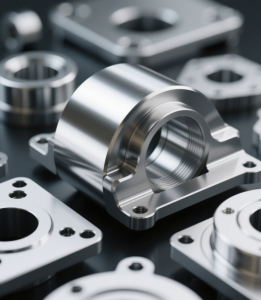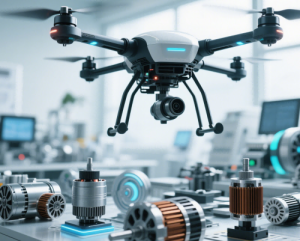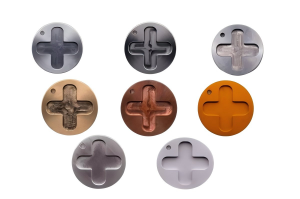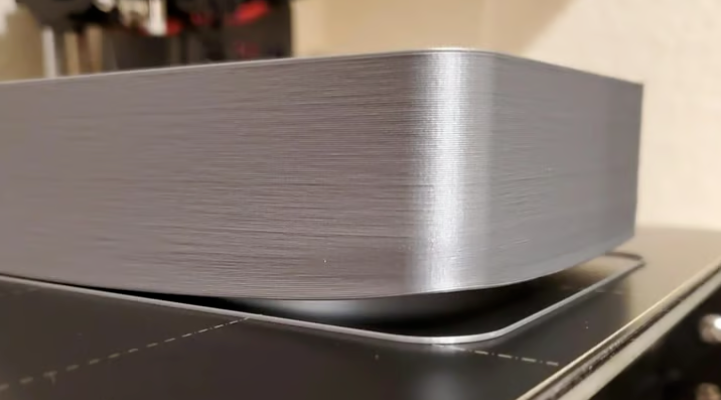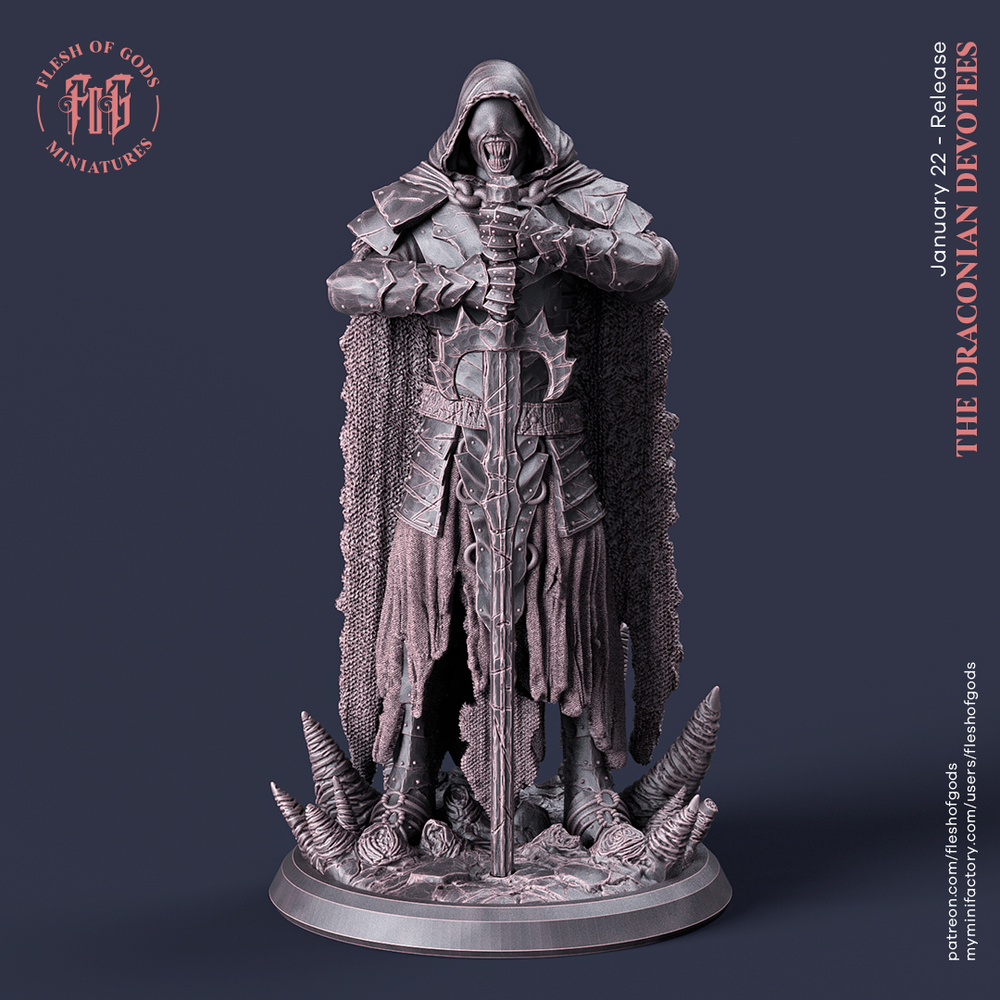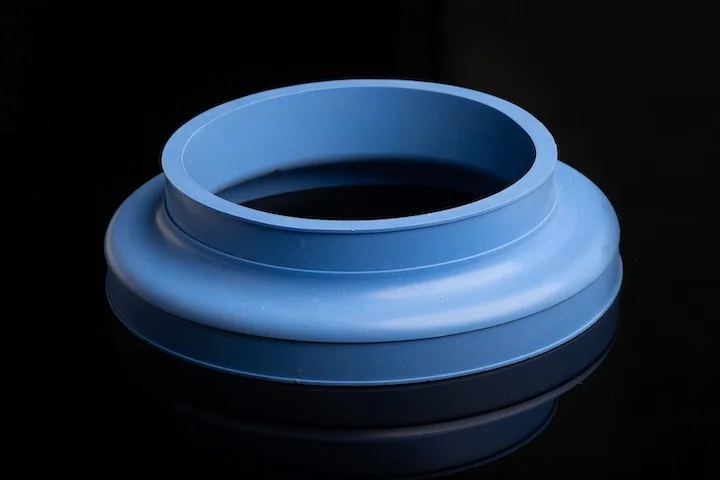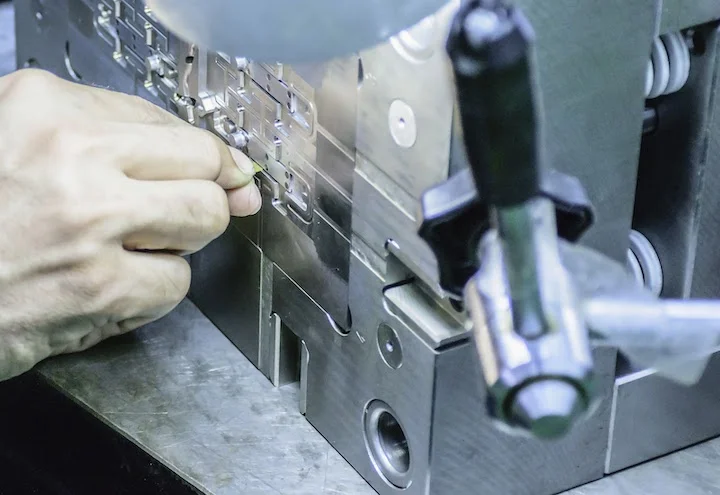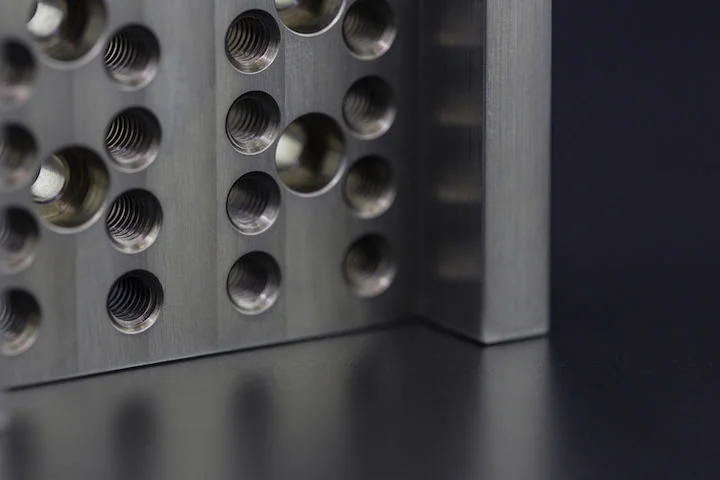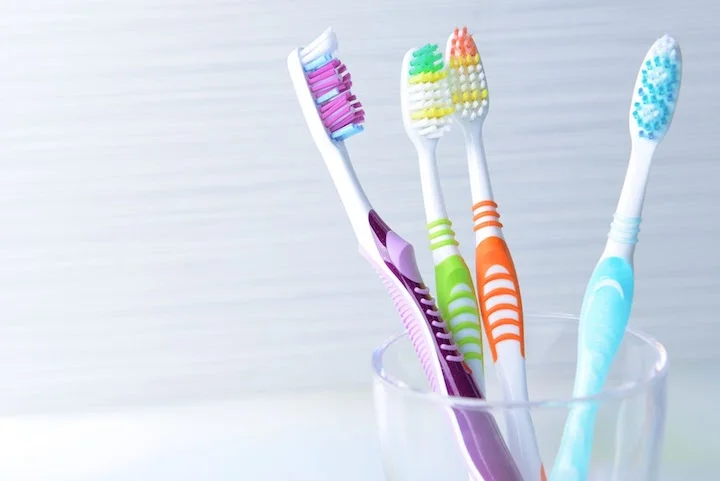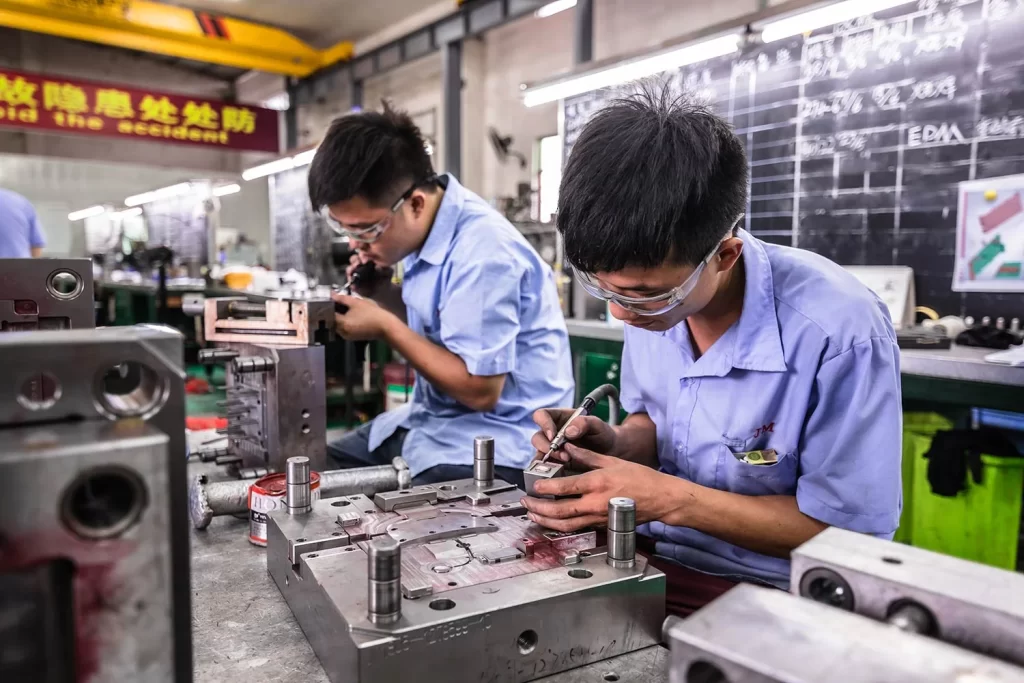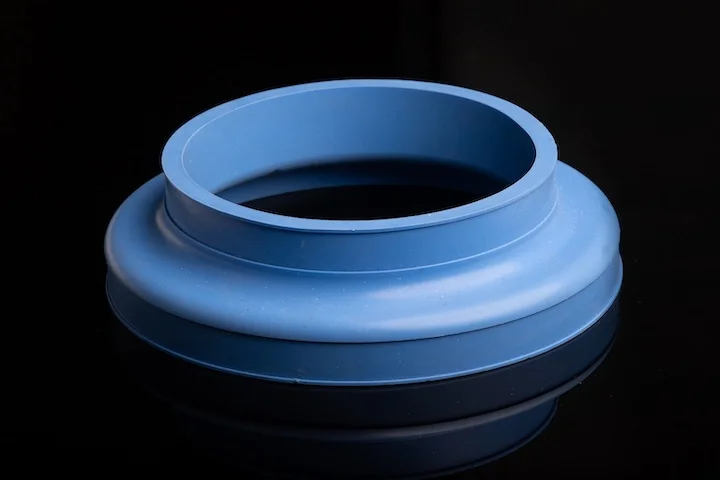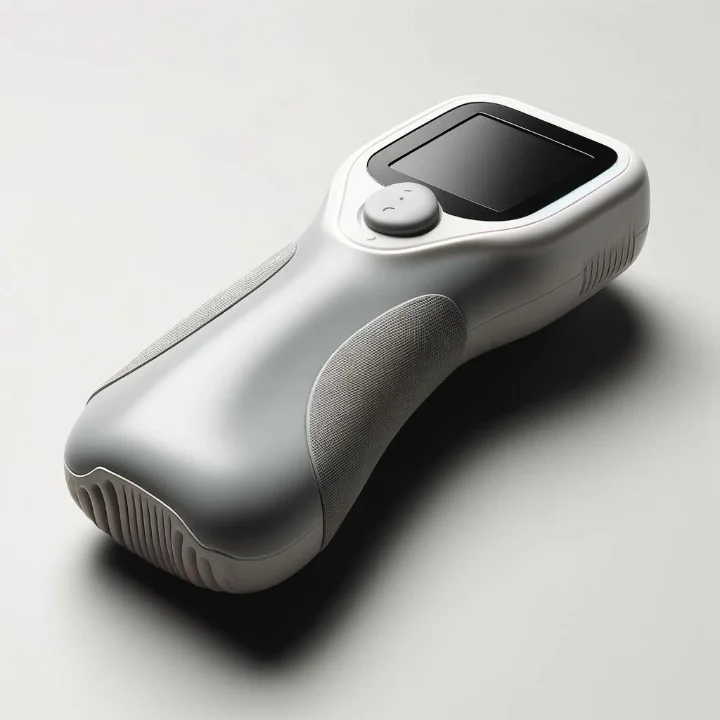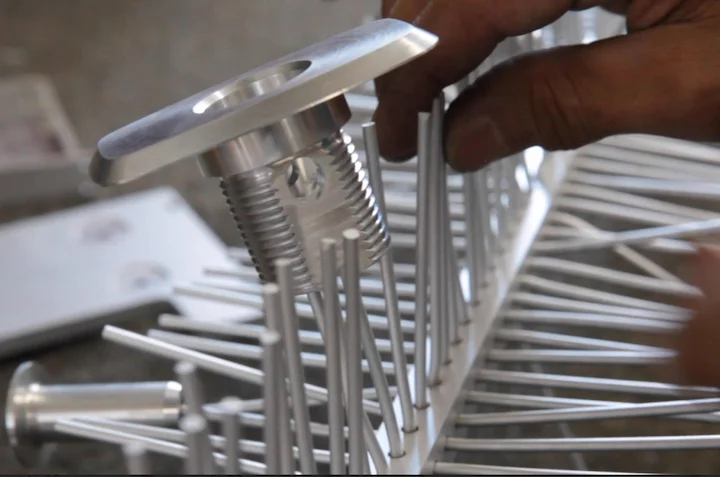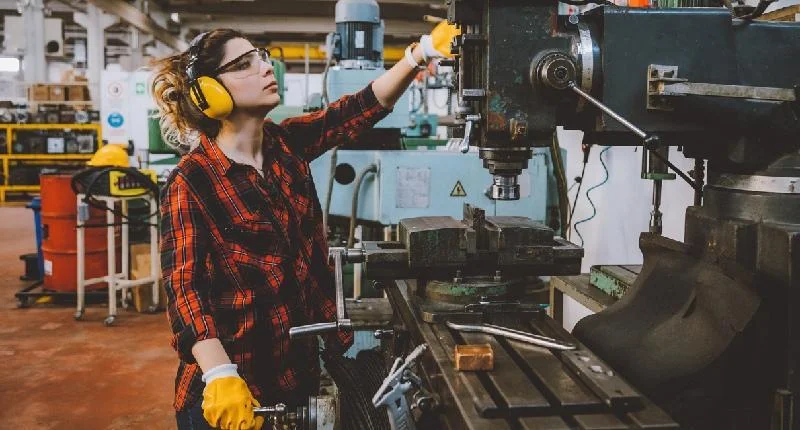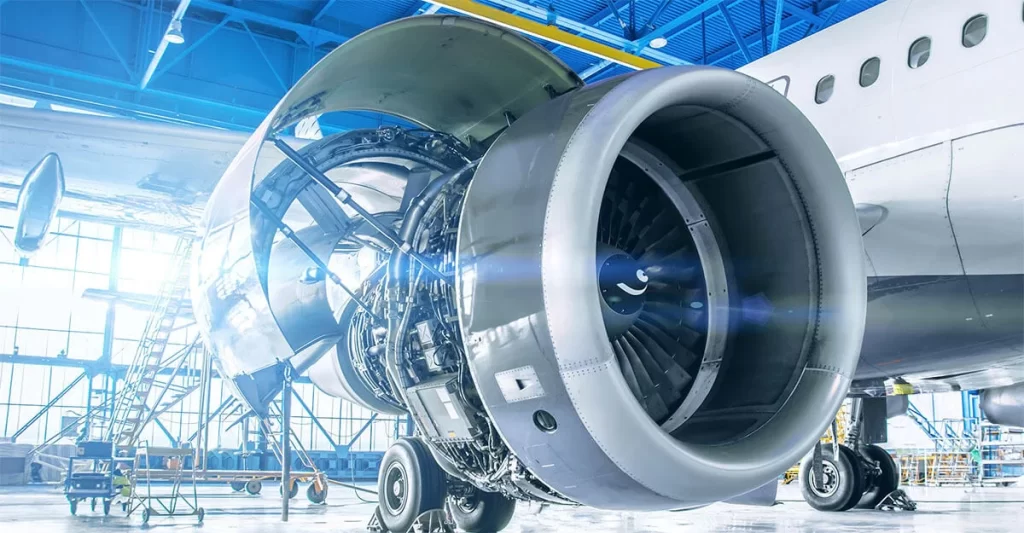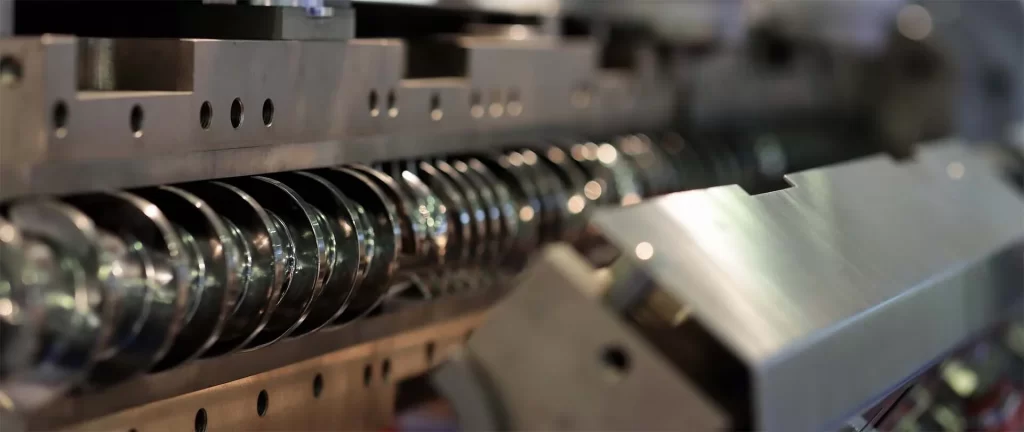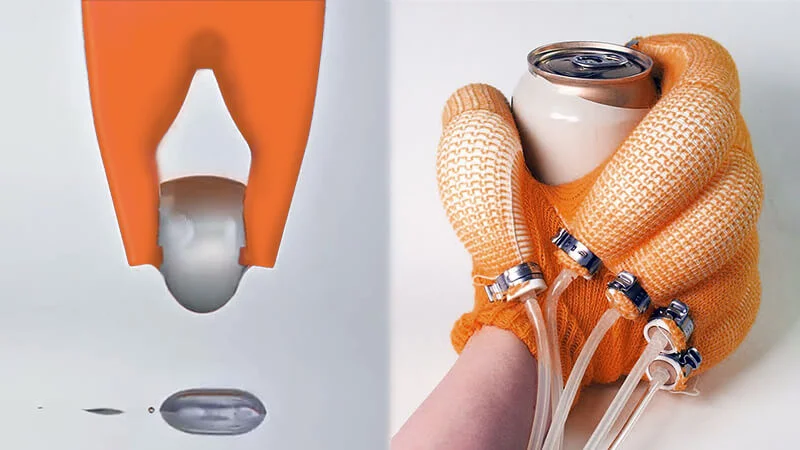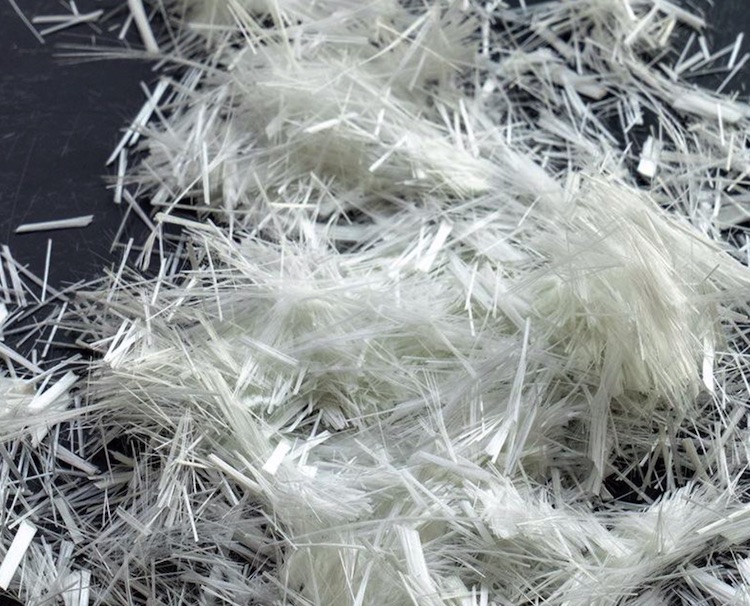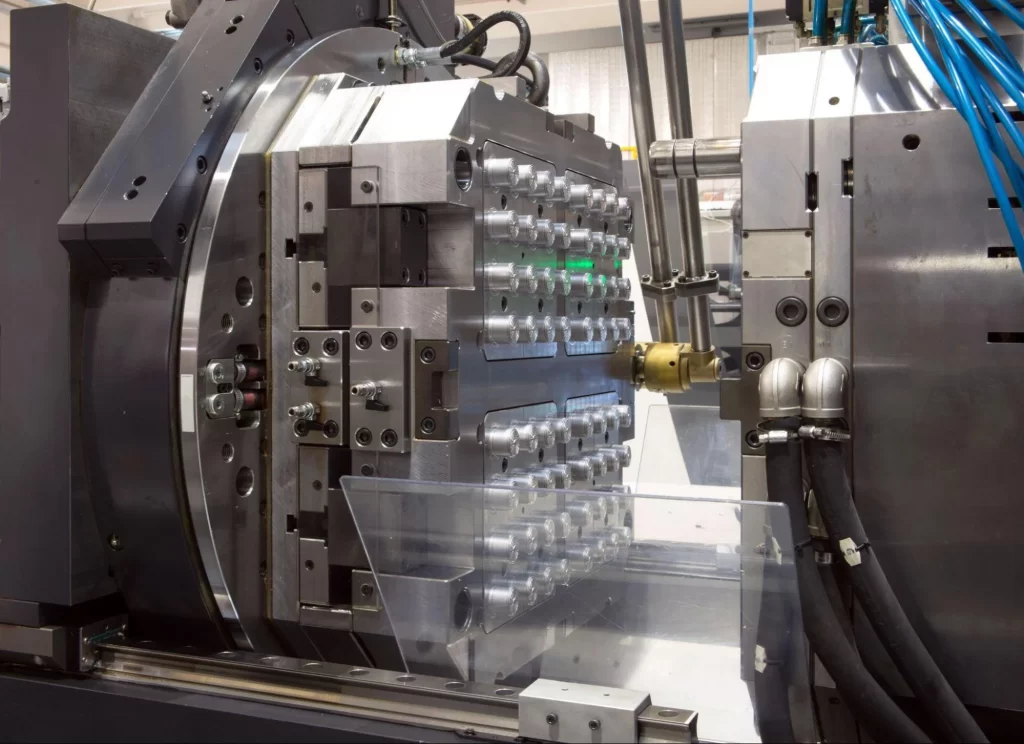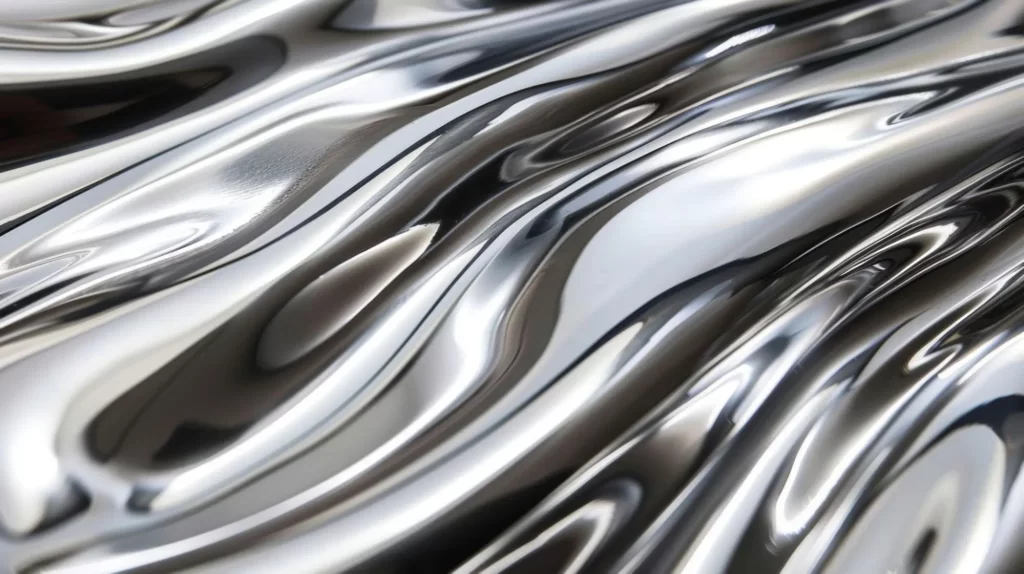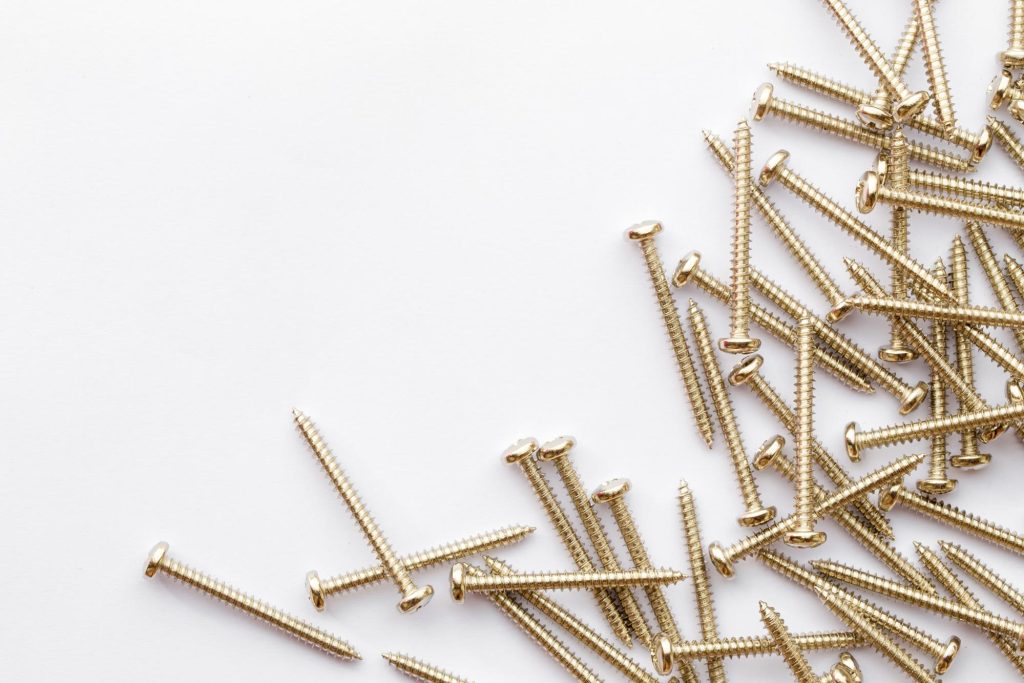All Injection molding materials
We offer thousands of plastic injection molding materials, such as ABS, POM, and PEEK. These materials are highly compatible with plastic molding processes and are suitable for a wide range of applications in almost all industries.
- All uploads are secure and confidential
The most common injection molding plastics
Material
Characteristics
Technical information
Common applications
Price
Acrylonitrile-butadiene-styrene (ABS)
+ Durable, with good impact resistance and heat resistance
+ Moderate size
+ Can be molded into complex shapes
– Prone to deformation
– Prone to cracking under certain conditions (such as exposure to UV rays and high temperatures)
Shrinkage rate: 0.4% to 0.8% Tolerance: +/- 0.005 inches (0.127 mm) to +/- 0.010 inches (0.254 mm)
Automotive parts, toys, electronic casings, luggage, and kitchen appliances
Polypropylene (PP)
+ High strength-to-weight ratio
+ Good chemical resistance
+ Low cost
+ Easy to process and form into various shapes and sizes
– Not as strong as other materials (such as ABS)
– Not suitable for high-stress applications
– Prone to deformation and shrinkage
Shrinkage rate: 1.0% to 2.5% Tolerance: +/- 0.005 inches (0.127 mm) to +/- 0.010 inches (0.254 mm)
Packaging, containers, automotive parts, medical equipment
Polyamide 6 (PA6)
+ High tensile strength
+ Low moisture content
+ Moisture absorption
+ Good chemical resistance
+ Good dimensional stability, easily molded into complex shapes
– Prone to deformation and shrinkage during injection molding
Shrinkage rate: 1.5% to 3.0% Tolerance: +/- 0.005 inches (0.127 mm) to +/- 0.010 inches (0.254 mm)
Gears, bearings, electrical components, automotive parts
Polymethyl methacrylate (PMMA)
+ High transparency
+ Good impact strength
+ Weather resistance
+ Easy to form into complex shapes
+ Good dimensional stability
– Prone to scratching and cracking under certain conditions, such as contact with strong chemicals or high temperatures
– Higher price than other materials, such as ABS or PP.
Shrinkage rate: 0.2% to 1.5% Tolerance: +/- 0.005 inches (0.127 mm) to +/- 0.010 inches (0.254 mm)
Lighting equipment, automotive lenses, medical equipment
Polycarbonate (PC)
+ High impact strength, high transparency, and heat resistance
+ Easy to mold into various shapes and sizes
– More expensive than other materials (such as ABS or PP)
– Prone to deformation and shrinkage during injection molding
Shrinkage rate: 0.5% to 0.8% Tolerance: +/- 0.005 inches (0.127 mm) to +/- 0.010 inches (0.254 mm)
Electronic components, automotive parts, medical equipment, safety helmets
Polyoxymethyl ene (POM)
+ High strength, high rigidity, and dimensional stability
+ Good chemical resistance
+ Can be easily molded into complex shapes and meet strict tolerance requirements
– Prone to deformation and cracking under certain conditions, such as exposure to UV light or high temperatures
– Higher cost compared to other materials (e.g., ABS or PP)
Shrinkage rate: 1.5% to 2.5% Tolerance: +/- 0.005 inches (0.127 mm) to +/- 0.010 inches (0.254 mm)
Gears, bearings, electrical components
Polyether Ether Ketone (PEEK)
+ Excellent mechanical properties, including high strength, high rigidity, and creep resistance
+ Good chemical resistance, capable of withstanding high temperatures and harsh environments
– Higher cost compared to other materials (such as ABS or PP)
– Prone to deformation and shrinkage during injection molding
Shrinkage rate: 1.0% to 3.0% Tolerance: +/- 0.002 inches (0.0508 mm) to +/- 0.005 inches (0.127 mm)
Aerospace components, medical equipment, electrical connectors
Polyethylene (PE)
+ Low cost, durable, and resistant to chemical corrosion
+ Can be easily molded into various shapes and sizes
– Not as strong as other materials (such as ABS or PC)
– Prone to deformation and shrinkage
Shrinkage rate: 1.5% to 3.5% Tolerance: +/- 0.010 inches (0.254 mm) to +/- 0.020 inches (0.508 mm)
Packaging, containers, toys
Polyethylene Terephthalate (PET)
+ High strength, toughness, and transparency
– Prone to warping and shrinking
Shrinkage: 0.2% to 1.0% Tolerances: +/- 0.005 inches (0.127 mm) to +/- 0.010 inches (0.254 mm)
Bottles, jars, containers
Polyvinyl Chloride (PVC)
+ Good chemical resistance, low cost, and versatility
+ Can be easily molded into various shapes and sizes
– Not as strong as other materials (such as ABS or PC)
– May release harmful gases when heated or burned, so ensure good ventilation and take necessary safety precautions when using this material
Shrinkage: 0.2% to 1.0% Tolerances: +/- 0.005 inches (0.127 mm) to +/- 0.010 inches (0.254 mm)
Pipes, electrical cable insulation, inflatable products
Polytetrafluoroe thylene (PTFE)
+ Excellent chemical resistance, low friction coefficient, and high temperature resistance
– More expensive than other materials (such as ABS or PP)
– Prone to deformation and shrinkage during injection molding
Shrinkage rate: 1.0% to 2.0% Tolerance: +/- 0.005 inches (0.127 mm) to +/- 0.010 inches (0.254 mm)
Seals, gaskets, bearings
High-Density Polyethylene (HDPE)
+ High strength, chemical resistance, and low cost
+ Easily molded into various shapes and sizes
– Not as strong as other materials
Shrinkage rate: 1.5% to 3.5% Tolerance: +/- 0.010 inches (0.254 mm) to +/- 0.020 inches (0.508 mm)
Piping, containers, toys
LDPE
+ High flexibility, high strength, and excellent chemical resistance
+ Can be easily formed into various shapes and sizes
– Not as strong as other materials
Shrinkage: 0.2% to 1.0% Tolerances: +/- 0.005 inches (0.127 mm) to +/- 0.010 inches (0.254 mm)
Pipes, electrical cable insulation, inflatable products
Polyvinyl Chloride (PVC)
+ Good chemical resistance, low cost, and versatility
+ Can be easily molded into various shapes and sizes
– Not as strong as other materials (such as ABS or PC)
– May release harmful gases when heated or burned, so ensure good ventilation and take necessary safety precautions when using this material
Shrinkage rate: 1.5% to 3.5% Tolerance: +/- 0.010 inches (0.254 mm) to +/- 0.020 inches (0.508 mm)
Film packaging, containers, toys

